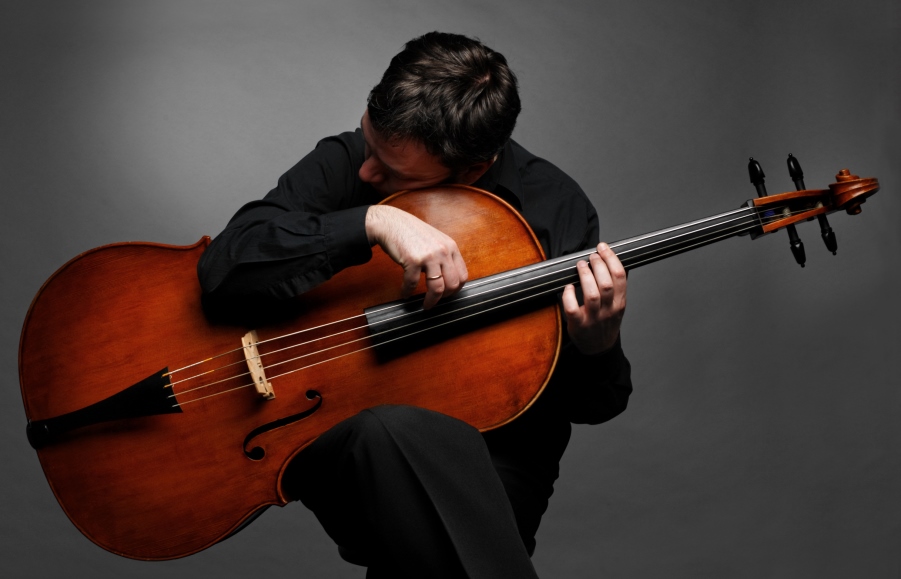Jarosław Thiel is a graduate of the Poznań School of Talents. He studied cello at both the Academy of Music in Poznań and the Academy of Music in Łódź, Poland. Since 1997, he has been focused on historical performance. He completed his post-graduate studies in Baroque cello at the Universität der Künste in Berlin, having worked with Phoebe Carrai and Markus a Möllenbeck. Thiel has participated in master classes run by Christine Kypranides at the Dresdner Akademie für Alte Musik and has collaborated with the most important Polish ensembles specialising in early music. Thiel has been the first cellist with the Dresdner Barockorchester and a member of the Festspiel Orchester Göttingen led by Laurence Cummings since 2000. He also works with leading German ensembles, such as Cantus Cölln, Akademie für Alte Musik Berlin, and Lautten Compagney. He regularly performs as a soloist and chamber musician in connection with festivals of early music world-wide. He currently teaches Baroque cello at the Academy of Music in Poznań and the Summer Academy of Early Music in Lidzbark Warmiński, Poland. In 2006 he was appointed Artistic Director of the Wrocław Baroque Orchestra.
Georg Christoph Wagenseil was born on January 29, 1715, and died March 1, 1777, both in Vienna. In 1735 Johann Joseph Fux took him as a pupil while he also studied keyboard, counterpoint, and composition with Matteo Palotta. In 1739 he became a court composer and his career transitioned from the Baroque to the Classical era. In 1749 he was appointed Hofklaviermeister to the imperial archduchesses, which allowed him to publish his music and lead him to produce and sell many instrumental compositions. Mozart and Haydn were both familiar with his writing and Mozart preformed one of his piano concertos for the Empress in 1762. His first opera, Ariodante, was produced in Venice in 1745. His earliest compositions were masses, he then moved to theatrical works and composed numerous keyboard sonatas, his concertos are mostly solo works written for amateur musicians with chamber accompaniment and his symphonies were often composed of three movements. He also wrote a theoretical treatise, Rudimenta panduristae oder Geig-Fundamenta, in 1751.
Jean-Baptiste Barrière was born in Bordeaux and he died in Paris at the age of 40. He was France's first virtuoso cellist and did much to popularize the instrument. He initially studied different types of viola da gamba, later replacing it completely with the more modern cello. In 1731, he went to Paris and entered the Academie Royale de Musique. King Louis XV granted him the privilege to publish his music, in 1733, and his first book of cello sonatas, Livre I - Sonates pour violoncelle et basse continue, appeared the same year as a result. In 1736, Barrière visited Italy to study technique with Francesco Alborea and returned in 1737 for a concert tour, which concluded when he returned to Paris to appear at the Concert Spirituel.
The first masterpieces composed for cello were the Six Suites composed by J. S. Bach, written in Germany in the 1720s, though they were not published until 1824. Thus the 24 Cello Sonatas of Barrière, issued in four books between 1733 and 1740, were fundamentally important to the literature. The Barrière Sonatas were the largest collection of cello music from any composer before Boccherini.
Alixandra Porembski, English Language Annotator

